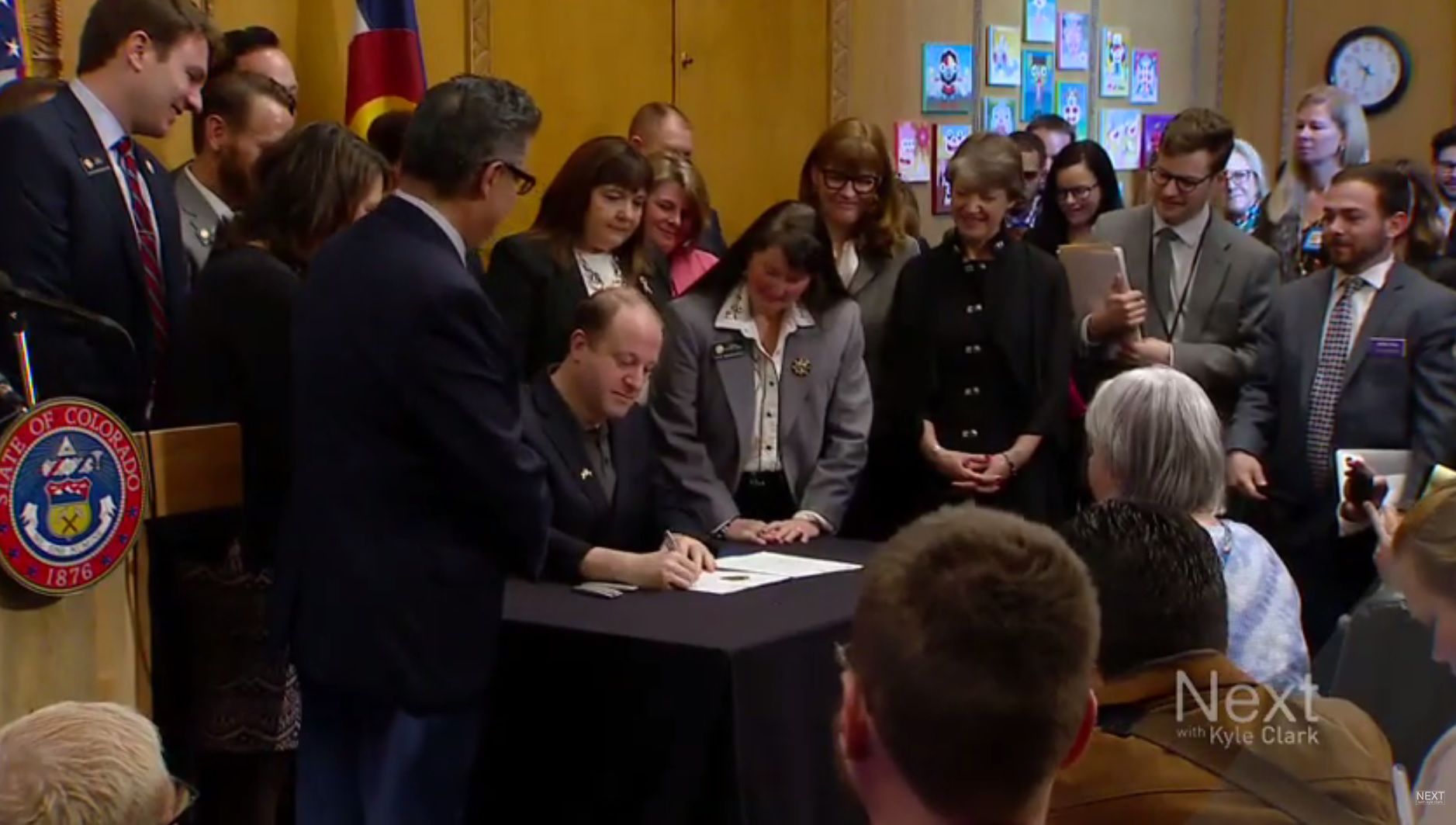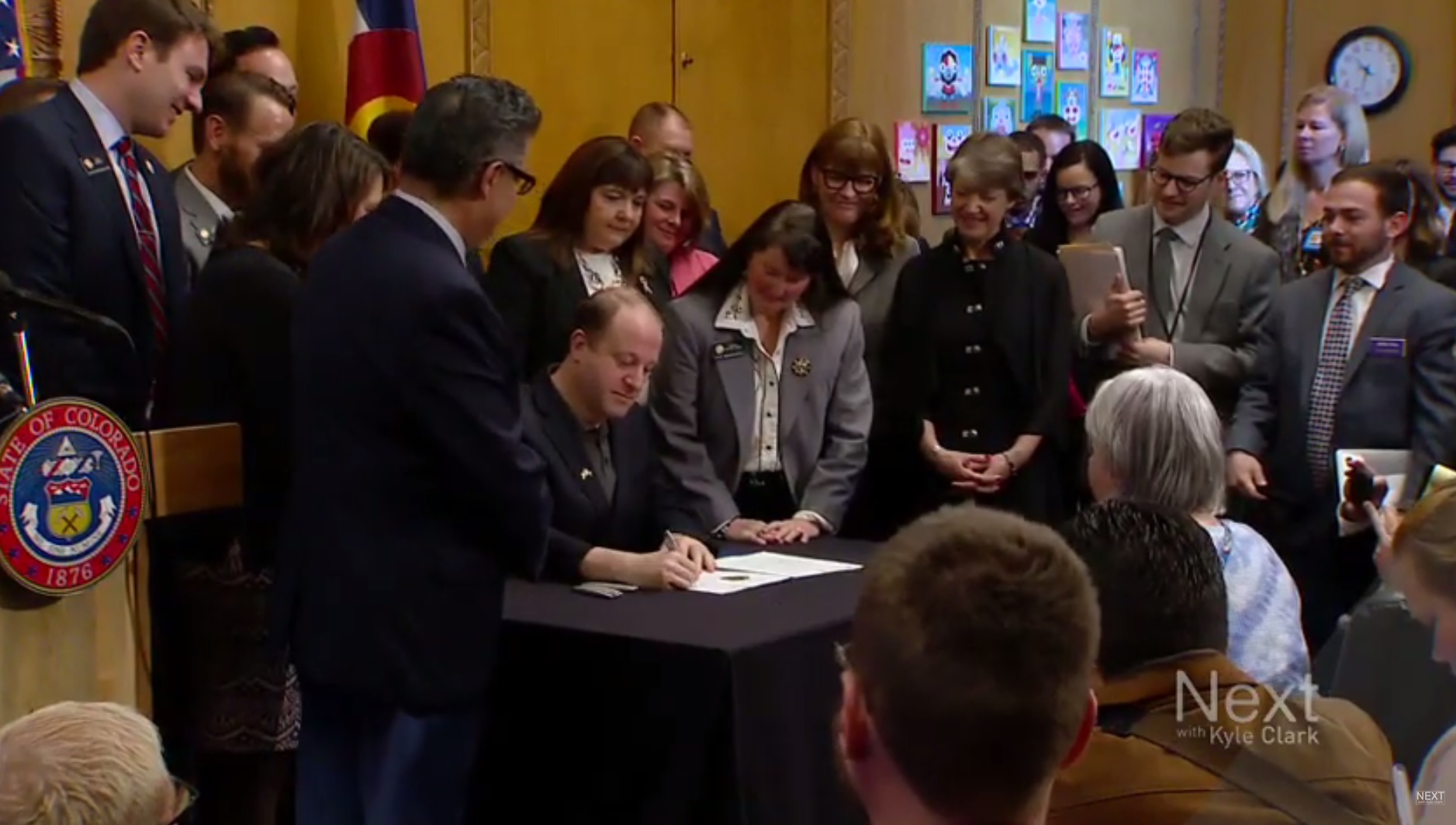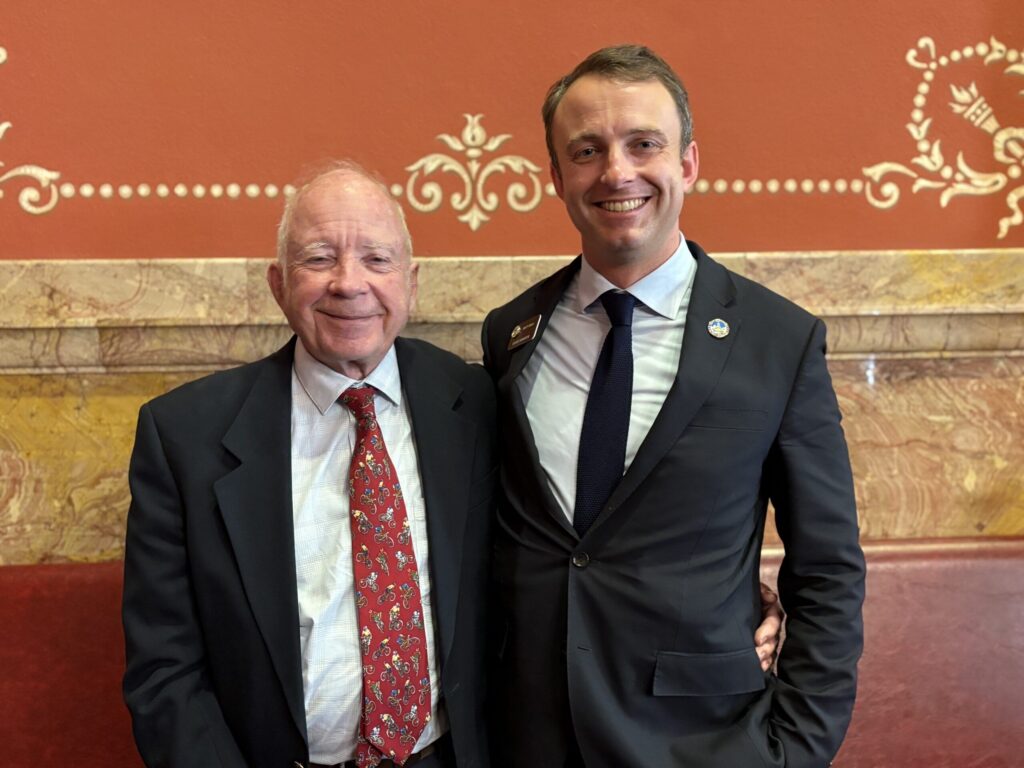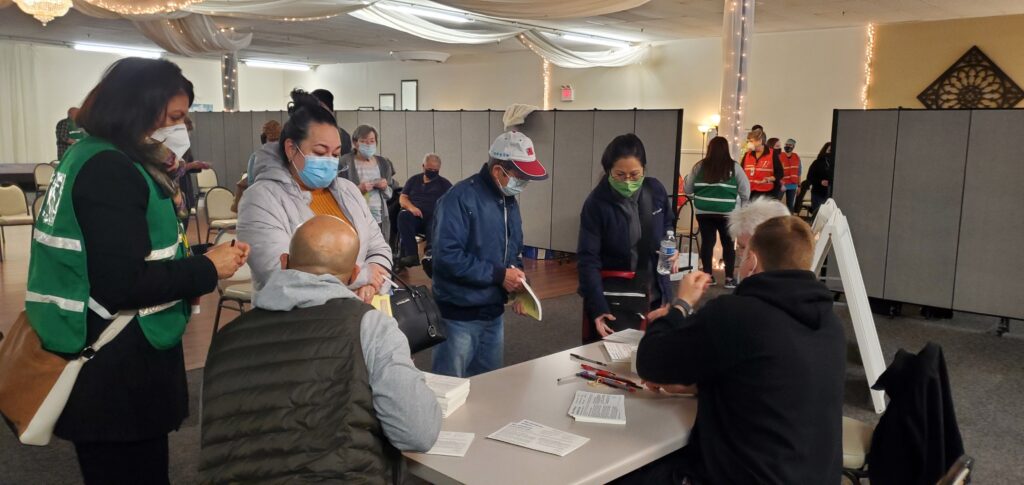Senate Democrats kills Republican transparency bills on hospital fee, health care savings office

Two bills designed to promote transparency in health care – something Democrats at the state Capitol have advocated for in the past – both went down to defeat Tuesday in the Senate State, Veterans and Military Affairs Committee.
Republicans sponsored both bills, and their assignment to the State Affairs committee – aka the “kill committee” – signaled where those bills were headed.
One would have allowed the public to see whether the Office of Saving People Money in Healthcare accomplishes that goal; the other would have allowed hospitals to add a line item in bills that shows how much of that bill is due to the Hospital Provider Fee.
Both measures died on 3-2 party-line votes.
Senate Bill 61, sponsored by Sen. Dennis Hisey, R-Colorado Springs, sought to require the Office of Saving People Money on Health Care to report its funding and activities during annual State Measurement for Accountable, Responsive, and Transparent Government Act hearings.
Those SMART hearings – revised in a 2013 law – give lawmakers an opportunity to query state officials on their agency’s progress toward strategic goals.
Hisey told the State Affairs committee Tuesday that the only information he could find on just what the office does is on the salary paid to the Lt. Governor, who runs it. There’s no information on its funding, number of staff, or its progress toward its primary goal.
“We need to get something into the public domain other than the lieutenant governor’s salary,” the lawmaker said.
An executive order Gov. Jared Polis issued in 2019 authorized the office, which is part of the governor’s office.
The state website says the office “is the cornerstone of our efforts to reduce the cost of healthcare for Coloradans. We are working to reduce patient costs for hospital stays and expenses, improve price transparency, lower the price of prescription drugs, and make health insurance more affordable.”
It adds: “This office will focus on identifying and addressing the root causes of the outrageous cost of health care – not just shifting the costs around but truly addressing the underlying causes.”
The website also says the office’s goal is to “identify and implement policies that will reduce health care costs while expanding access to quality care in every corner of Colorado.”
The governor’s website on the issue of SMART Act hearings says it provides guidance to agencies “on the development and tracking of their SMART Act performance plans. These include setting measurable goals, incorporating best-in-class process improvement methodologies, and identifying key strategies to accomplish their annual goals.”
As for what the office reports, there’s just one, from October 2021, that discusses “Toxic Impacts of High Health Care Costs on Coloradans.” That report identified legislation on policy changes signed into law by Polis, as well as future policy opportunities.
Lt. Gov. Dianne Primavera is paid $74,537 to run the office, in addition to her salary as lieutenant governor, which is set at $93,630. That extra amount was authorized through House Bill 19-1127, the only legislation to date that affects the office’s operations.
The 2021-22 budget for the governor’s office doesn’t even list the office as a line item and only four full-time equivalent employees total for the lieutenant governor and her staff. What’s listed for the lieutenant governor’s budget are two departments: the Commission on Indian Affairs and the Commission on Community Service.
The second transparency measure, Senate Bill 38, sponsored by Sen. Jerry Sonnenberg, R-Sterling, would have allowed hospitals to add a line item in patient bills that identifies how much is due to the Hospital Provider Fee.
The fee is levied on the number of daily per patient stays and outpatient services, calculated not to exceed 6% of net patient revenues, according to the Colorado Department of Healthcare Policy and Financing. Fee revenues are matched with federal funds and then redistributed to hospitals to cover the cost of uninsured care, as well as help pay for Medicaid and the Child Health Plan Plus (CHP+), which provides health care to low-income pregnant women and children who don’t qualify for Medicaid.
But patients have never been allowed to know how much of their bill comes from the fee, a provision in the law that authorized it in 2009.
Hospitals that want to include that item on patient bills could do so. SB 38 would have mandated the disclosure.
Both bills had the support of the Colorado Hospital Association; SB 61 also received the backing of the Denver Metro Chamber of Commerce and Mental Health Colorado. SB 38 was opposed by the Colorado Cross Disability Coalition and AARP Colorado.














